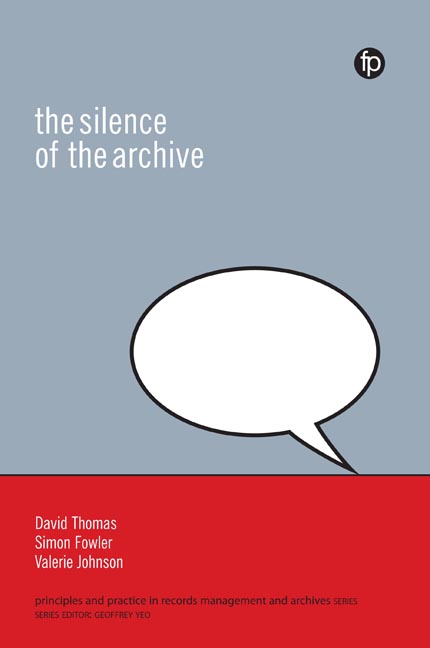Book contents
Foreword
Published online by Cambridge University Press: 08 June 2018
Summary
In 2016, the wreck of a German submarine that sank on 30 April 1918 was discovered during a survey off the coast of Stranraer in Scotland. The discovery quickly caught the imagination of social media users because of the story that the submarine's captain had told, at the time of his capture, of the submarine being attacked by a ferocious sea monster. Historian and archaeologist Innes McCartney argues that mariners’ stories of sea monster attacks are not that uncommon, perhaps due to the fact that crews were often on missions where, for intelligence or national security reasons, they were not permitted to discuss what actually took place, and that for the same reasons the official records of the events were sealed.
While this is an eye-catching, if perhaps not the most immediately significant anecdote, it does illustrate an important point. The absence of records from public view, the absence of certain details in records that are available, or the absence of records altogether, are what drive not only frustrations and disappointments with the archive but also archival fantasies. In recent years Big Data initiatives, not to mention Hollywood, the video game industry and countless other popular media, have reinforced and even glamorized the public image of the archive as the ultimate repository of facts and the hope of future generations for uncovering ‘what actually happened’. The reality is, however, that for all sorts of reasons the record may not have been preserved or survived in the archive. In fact, the record may never even have existed – its creation being as imagined as is its contents. And even if it does exist, it may be silent on the salient facts, or it may obfuscate, mislead or flat out lie.
As a result, archives and their contents are subject to many of the same longings, hopes and fears that we see rippling through wider society today, their silences providing fertile ground for imaginings, part-truths and the promulgation of ‘alternative facts’. But at the same time, as David Thomas rightfully reminds us in this book, certain voids in archives may also function as positive or humanly necessary spaces – tacit agreements and ellipses designed to leave unsaid or let slip away things that may be too painful, too problematic, too love-laden or too explicit to capture.
- Type
- Chapter
- Information
- The Silence of the Archive , pp. xv - xviiiPublisher: FacetPrint publication year: 2017



